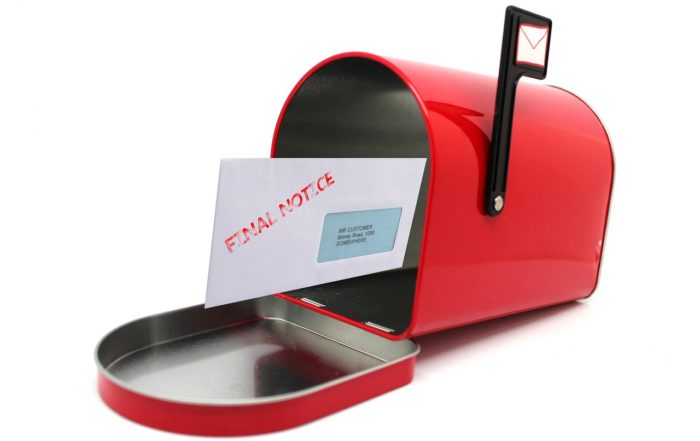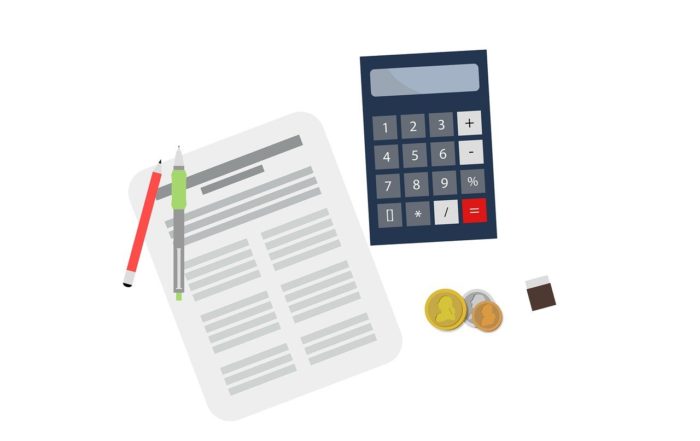We collect stuff throughout our lives. This “stuff” is known as our personal property. Some items are valuable, like jewelry, baseball cards, and works of art. Other items are sentimental, like grandma’s tea set, old Christmas ornaments, and photographs. Regardless of the value, it is important that these items be distributed the way you want when you die. Consider the following to ensure that your wishes for your personal property are honored.
Ways to Divvy Up Your Items
If there is a specific item that you want a loved one to have, the easiest way to make an official record is to create a personal property memorandum. This document, which typically must be referenced in your existing will or trust to be effective, allows you to designate who will receive specific personal property. For instance, you can leave your gold pocket watch to your nephew, Bill Smith. When creating and updating this document, it is important that state law formalities are followed to ensure the document’s validity. Also, make sure that the items you list are described with enough clarity and specificity that your personal representative or trustee will be able to easily identify them. Lastly, you want to make sure that the recipient is specifically named. It is best to refer to a specific person by the person’s given name, denoting if the person is a junior or senior, instead of just as “my granddaughter” or “my son.” Because this is a separate document, you have the flexibility to change the contents without changing your entire will or trust. However, as previously mentioned, any changes made to this document must be done in accordance with your state’s laws.
If you want to divide the entirety of your personal property equally among a group of beneficiaries, you can allocate an equal amount of play money to each beneficiary and hold an auction using this fake money where each beneficiary can bid on the items. This distribution scheme allows for each beneficiary to participate in the auction at an equal level, with the value of each item being determined by how much each beneficiary wants the particular item rather than by how wealthy each beneficiary is in real life, relative to the others
Another option would be to gather all of the personal property in one location and allow each beneficiary to take turns picking an item. To encourage fairness, you could have the beneficiaries draw numbers to determine the order that they will pick. Once the numbers are drawn, the beneficiary who selected number one would choose an item first, then the beneficiary who selected number two would choose an item second, and so on. Then, when the beneficiary with the highest number has chosen an item, that same beneficiary would choose again, thereby beginning the next round with the items being chosen in reverse order, and continuing in that manner until all items have been chosen. This method works well if you have a collection of items to be divided or if most of the items are of a similar value. Using this method allows each beneficiary to receive an equal number of items but may not guarantee that each beneficiary receives an equal amount of value.
Note: When distributing a collection, consider whether you want the collection to be divided among multiple people or given entirely to one person. Some collections may be more valuable if all of the pieces are owned by the same person, especially if the collection is complete.
Additional Considerations
Provide guidelines if someone else has discretion. Depending upon the types of personal property you own and your beneficiaries’ needs and wants, you may be tempted to have your personal representative or trustee distribute items as the personal representative or trustee “sees fit” or “equally.” Be cautious as to how much discretion you give. Any time you give someone else discretion to make decisions on your behalf, you should provide guidelines for the individual to use when making decisions. This can help alleviate tension and fighting among the beneficiaries, and between the beneficiaries and the personal representative or trustee.
Get your loved ones involved in the planning. If you are unsure of how to distribute your personal property, ask your loved ones if there are any specific items they would like. One common approach is to give everyone sticky notes or stickers with their names on them and let them go through the home and place the notes or stickers on the items they would like. If multiple people want the same item, you can resolve the conflict and come up with a solution ahead of time instead of leaving it to someone else to resolve upon your death. If there are items that no one wants, you can consider other people that you had not thought of that might like the items. Additionally, if you know a person would like a particular item, you may consider gifting it during your lifetime so that you can witness the joy that it brings the person while you are still alive. Getting your loved ones involved will help ensure that your memory will live on through the items your loved ones receive.
Do not overlook the minor children. Younger loved ones may also appreciate something of yours after you have passed. Depending on the nature of the item, a parent, guardian, or other adult may have to keep or manage it for the minor until the child reaches the age of majority.
We Are Here for You
Do not wait until you are gone to determine who will receive your personal property. Without your clear instructions, loved ones will be left to determine what you would have wanted. This can lead to disagreements, broken relationships, and possible litigation. Give us a call today at (972) 712-1515. We are here to help you establish and properly document a strategy to clearly communicate your wishes. We are available for in-person and virtual meetings, whichever you prefer.
DISCLAIMER: This website/blog is made available by our attorneys, staff, and law firm for educational purposes only as well as to give you a general understanding of the law and to share general information about our firm, people, and practice areas, not to provide specific legal advice. By visiting this website/blog you understand that there is no attorney-client relationship between you and the Pratt Law Group attorneys and website publisher. No statement on this website/blog should be interpreted or relied upon as legal advice. The website/blog should not be used as a substitute for competent legal advice from a licensed professional attorney in your state. Writing to us through this website does not create an attorney-client relationship. Please do not provide any confidential or privileged information in any writing to us through our website. Please read our privacy policy for more about how your information will be used.
Why Singles Should Worry about Estate Planning
Why Singles Should Worry about Estate Plannings -What To Know Several Reasons Single People Still Need To Be Concerned With Estate Planning When you’re putting together an estate plan, you often choose your spouse ...
Warning: Don’t Let Creditors Inherit from You or Your Spouse
Don't Let Creditors Steal From Your Loved Ones - What To Know How To Ensure Your Spouse Receives Your Retirement Accounts and Not Creditors In most cases, spouses will inherit any of your ...
Can a Beneficiary Also Be a Trustee of a Trust?
Can a Beneficiary Also Be a Trustee of a Trust? -What To Know Many people, creating a revocable living trust, designate their children as the beneficiaries. But, they need to choose a person ...






